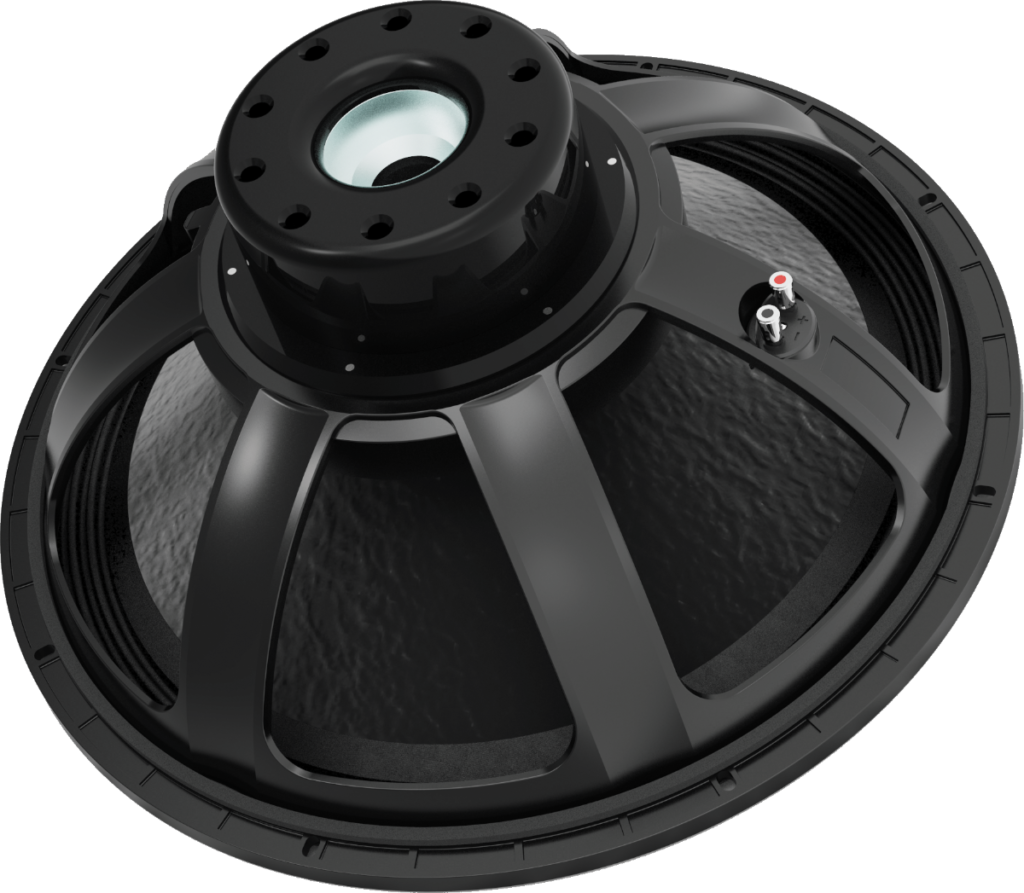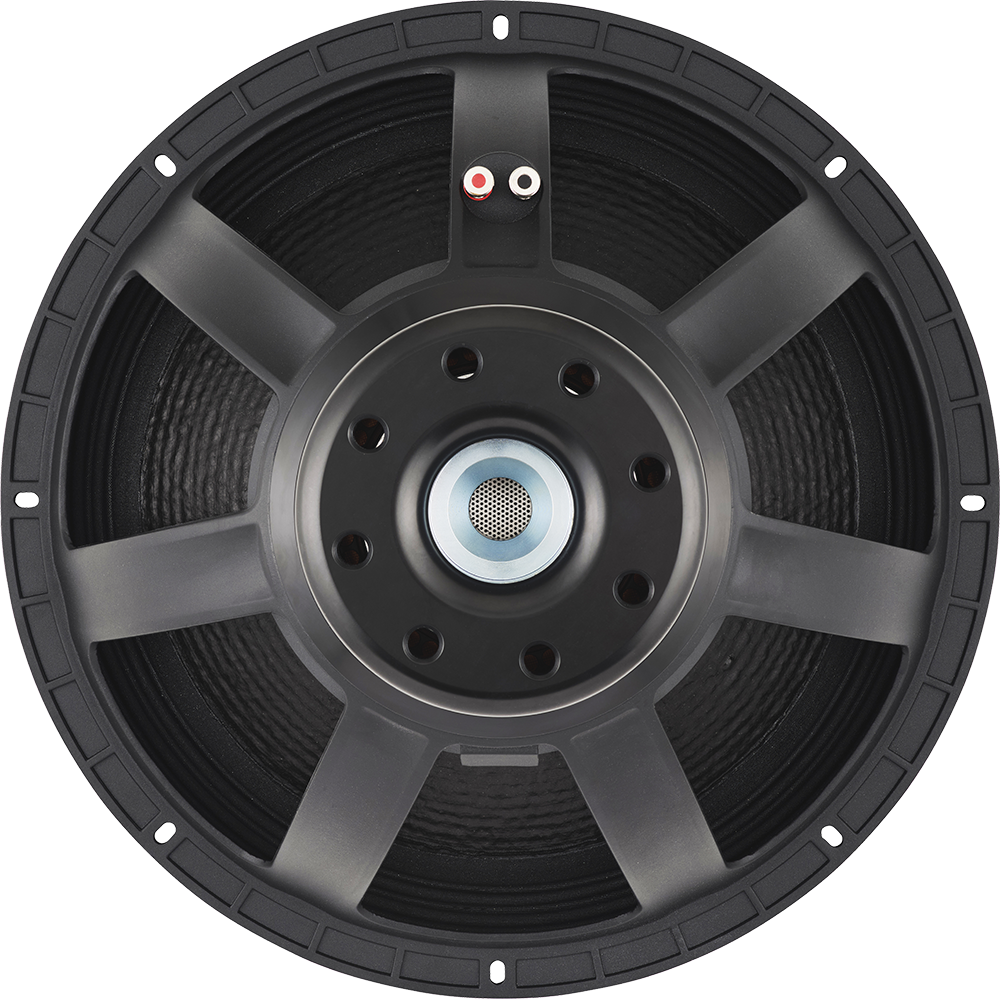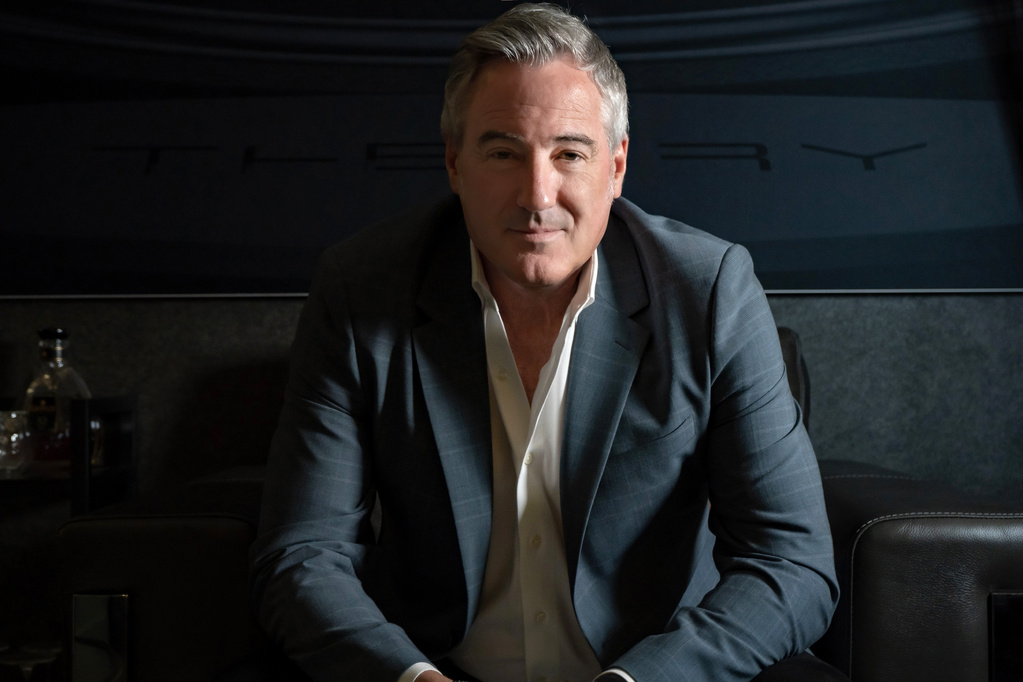
Loaded into many popular branded practice combos the VT Jr is now available to buy for replacement and upgrades. Delivering the same balance and musicality as its big brother the V-Type, the 10-inch VT Jr. has been formulated using the same recipe of old and new design techniques. Expect a juicy low mid punch together with plenty of high end sparkle and the same thrilling responsiveness that will leave you feeling connected to your music.












